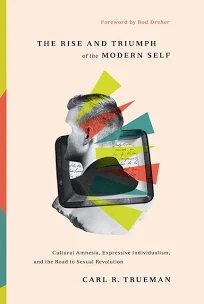
Book Review: The Rise and Triumph of the Modern Self
Book Review: The Rise and Triumph of the Modern Self by Carl Trueman: Trueman starts with the premise that man

Book Review: The Rise and Triumph of the Modern Self by Carl Trueman: Trueman starts with the premise that man
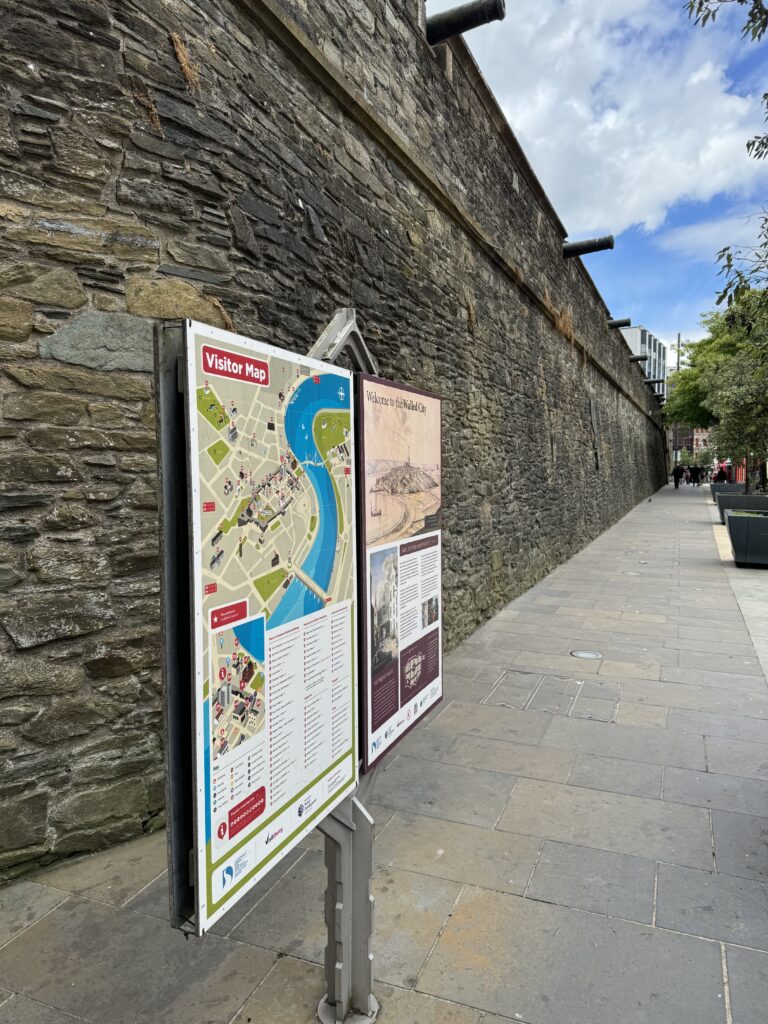
Ireland-Scotland Travel Devotional- Epilogue: After another delayed flight and misplaced piece of luggage, we arrived home in the dark early
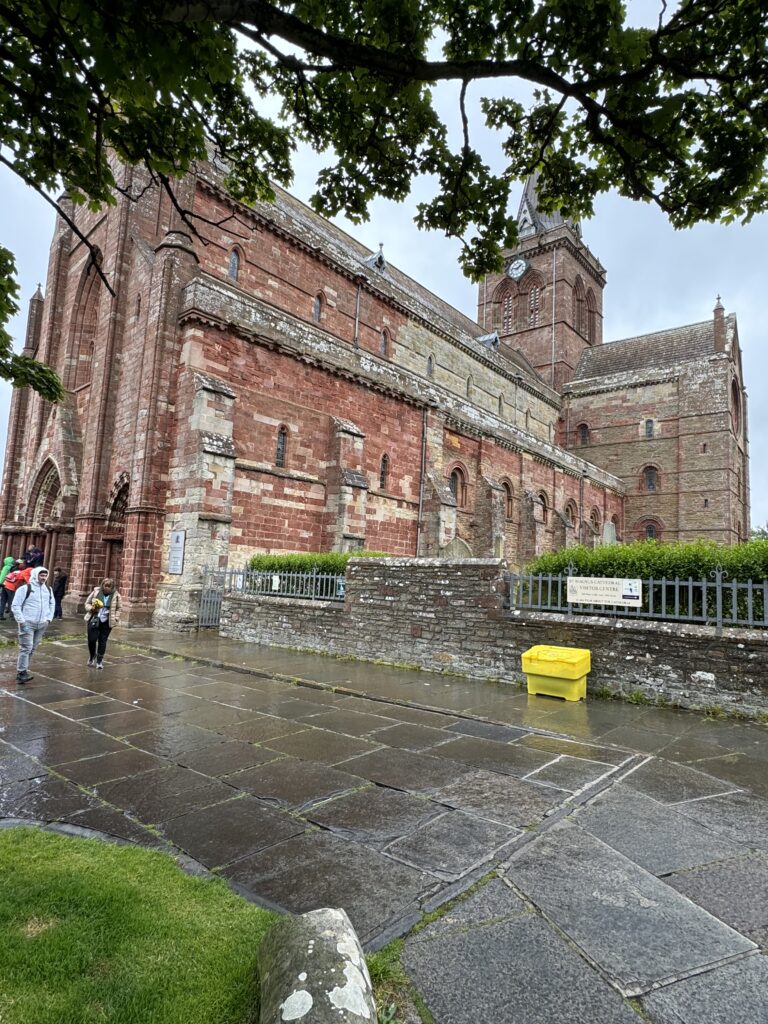
Ireland-Scotland Travel Devotional — Day 11: I’ve long had trouble with the labels “saint” and “martyr,” the former because it’s
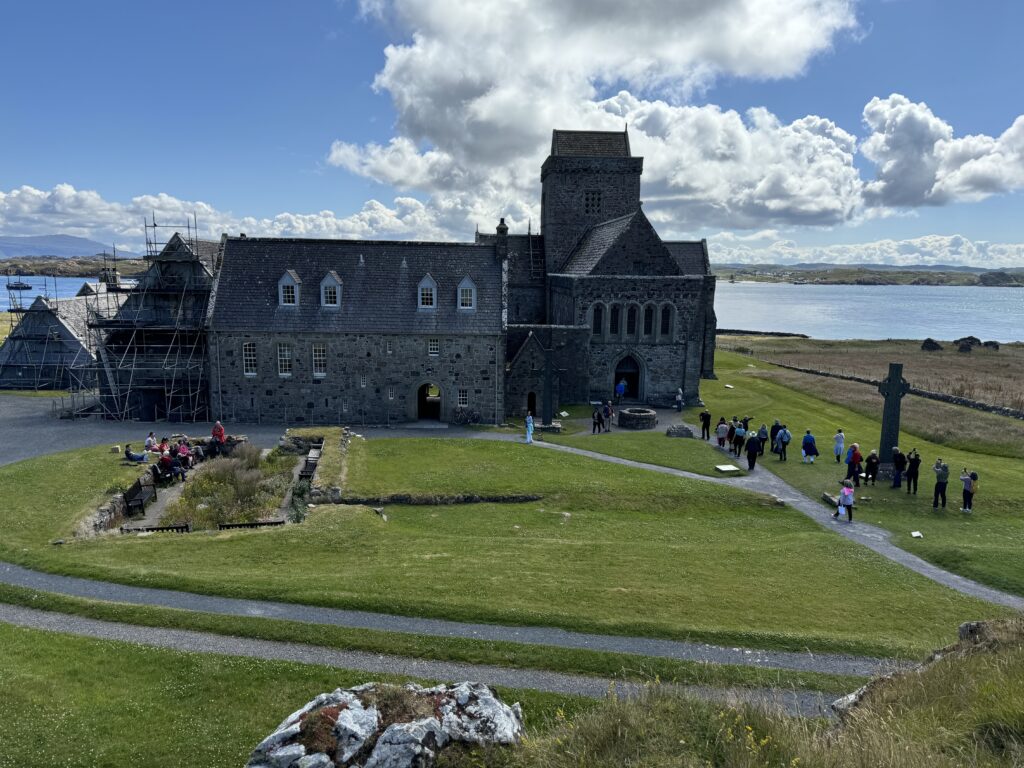
Ireland-Scotland Travel Devotional – Day 9: Isle of Iona. Our day started with some trepidation as we were getting news
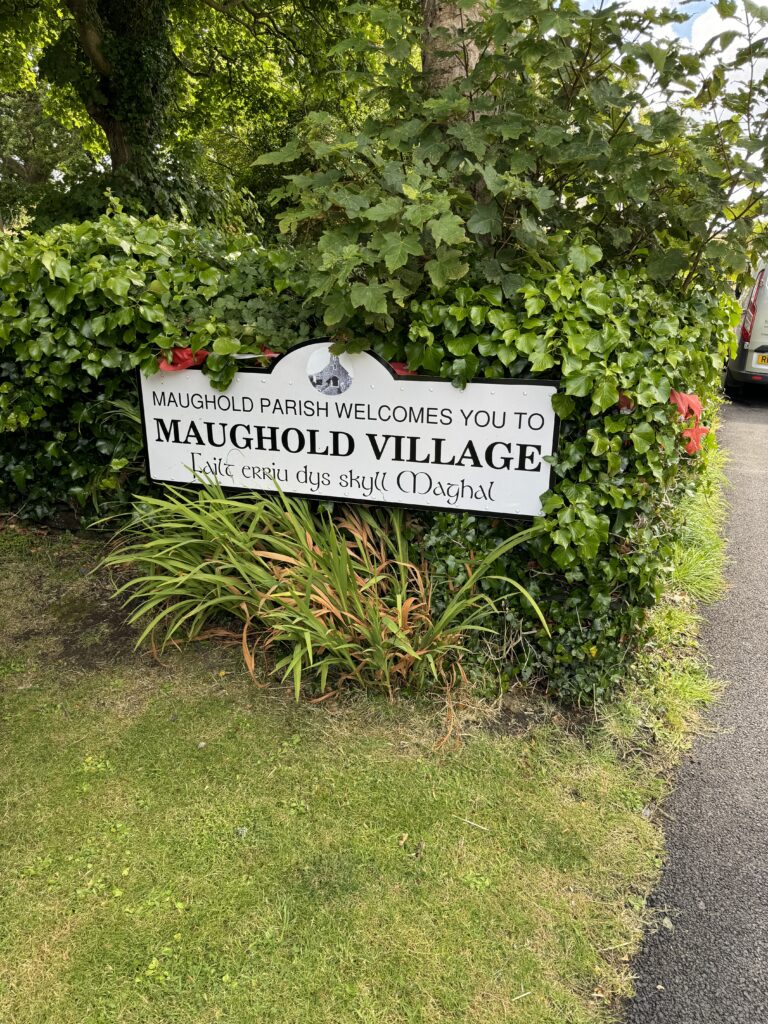
Ireland-Scotland Travel Devotional: If you are looking for Christian history, the Isle of Man is probably not the first place
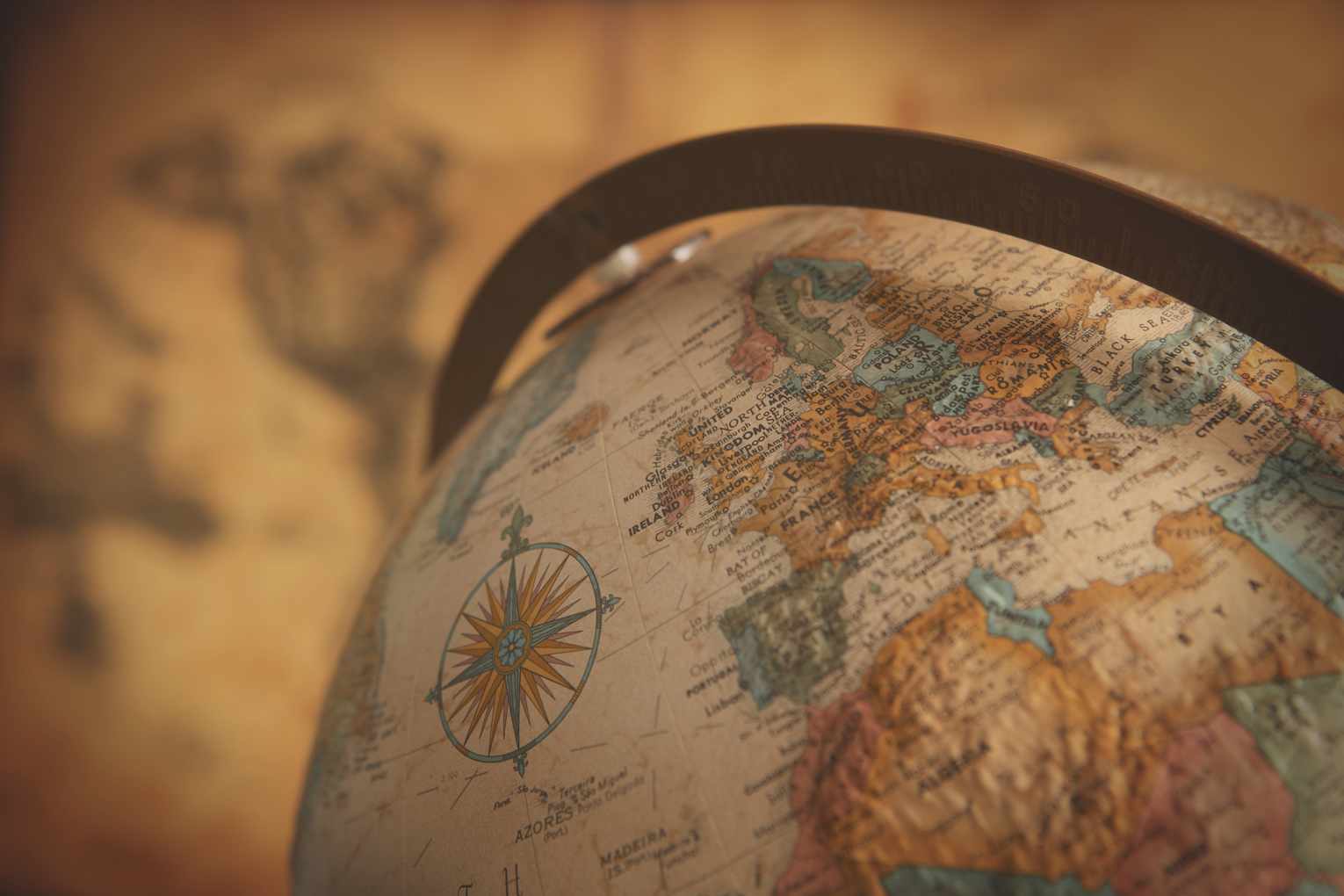
4 Powerful Ways Christians Could Transform the World: If you haven’t picked up on it from this blog yet, I

Jack Burke, Jr. Dies at 100. Yesterday was a sad day. Jack Burke, Jr, legendary professional golfer, instructor, Ryder Cup
Today was our Savonarola day. Girolamo Savonarola (1452 – 1498 A.D.) was a Dominican monk who preached Truth in Florence
At 9:15 a.m. we were back at the entrance to the Domus Aurea, and this time there was a tour
Everything I’m about to tell you about what happened to us today is true. It’s not “based on a true
Day one of the GSB Early Christian, Medieval Travel Tour consisted of 10 hours of flying, nearly as many hours
I am formally announcing our upcoming GSB tour which will take place later this summer. This tour has been scheduled
If you have followed this blog for a while, you know that I have little grace for those who try
Jesus, Peter and the crew were in Caesarea Philippi, a city in the northern part of Israel, and Jesus decides

Setting the scene Palm Sunday is the celebration of Jesus’ triumphant entry into Jerusalem, but it also the day of
After Jesus was resurrected and had gathered His disciples together, the disciples asked, “Lord is it at this time You
Each year, I try to set goals for the new year. It’s a good practice, and when I set those
I was reading the Christmas story in Luke last night in the New American Standard Bible translation, and came across
In the previous post, I gave two examples from history, to illustrate the medieval controversy of whether the State should
Judah was a mess. The people had gone after pagan gods. Judah’s national security was at risk. Then came Jehoshaphat.
Signup our newsletter to get update information, promotions and insight.